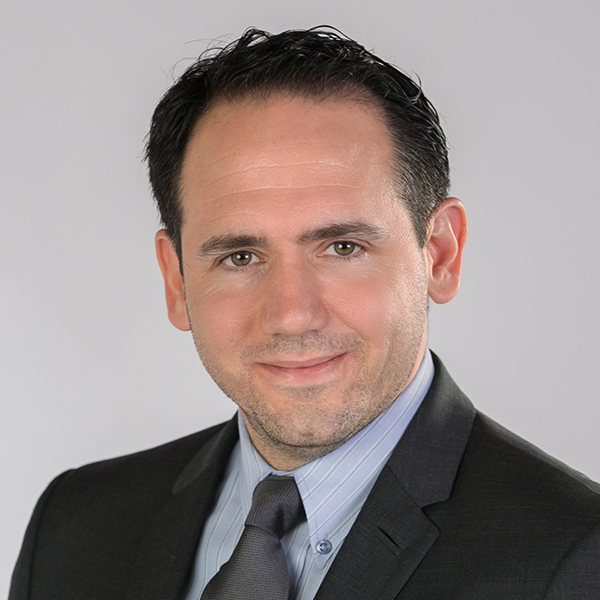Who are you? No really, who are you? More importantly, who are you when you are at work, in social environments, in networking environments and, most importantly, when you finally get home and you get into your pyjamas? These are just some of the points we spoke about at Leading Change: Leadership Development Bootcamp for Racialized Lawyers, held May 16 in Toronto.
Who are you? No really, who are you? More importantly, who are you when you are at work, in social environments, in networking environments and, most importantly, when you finally get home and you get into your pyjamas? These are just some of the points we spoke about at Leading Change: Leadership Development Bootcamp for Racialized Lawyers, held May 16 in Toronto.
While responses will vary depending on who you ask, interestingly enough, your own responses about yourself will vary depending on where you are. This was the fundamental point in our session focused on authentic leadership, and I was lucky enough to share the stage with my esteemed colleagues Vivene Salmon, Bindu Cudjoe and authentic leadership guru Ritu Bhasin.
The underlying purpose behind our discussion was to share and understand the struggle that racialized lawyers face when they seek to enter into areas of practice that are still predominantly white and male.
The concept “homosocial reproduction” was first coined by Rosabeth Moss Kanter in the seminal 1977 book Men and Women of the Corporation. It basically argued that, in choosing team members, in delegating work and in promoting colleagues, people tend to select and benefit those that look like them, who share their interests, speak like them and who have shared experiences.
There is nothing intentionally nefarious about this, but, generally, people trust and see themselves as good workers, so they want others around whom they can trust and work with. Obviously, this will work to the disadvantage of others who, although capable, do not share that person’s gender, race, sexual orientation or other characteristics.
Faced with the situation noted above, people will seek to conform and take on the characteristics of the group or person they are trying to impress or from whom they are trying to gain approval. This means hiding your true self or identity, minimizing your blackness, Latin-ness or any other characteristics or culture. As Bhasin notes, you move toward a “performing self.” But the more you do that, while it may initially help you in building those relationships, in getting that job or promotion, it robs you of your self worth and your identity. This can lead to feelings of disempowerment, being disconnected and unfulfilled, hurt and exhausted. People can also try to balance their authentic self and the performing self, being in a state of “adopted self.”
Finally, those that hold true to their identity and do not change for others or at work can be said to be operating at their “authentic self.” Authentic self is defined by Bhasin as being “where you would choose to be if there were no consequences for your actions.”
A good example of this is the thought-provoking piece published in the Globe and Mail called “Black on Bay Street” by Hadiya Roderique (who was at the event and who I had the pleasure of sitting with at lunch). In that piece, she notes some of her struggles between the expectation to perform and her inclination toward being her authentic self. The points include the pressure between using her first name versus a more Anglicized middle name in her application to a Bay street firm, whether to note her work with the Canadian Black Lawyers Association and whether to wear her hair naturally.
As part of the panel, we also shared our stories and our conflicts between acting in our performing versus authentic selves. Bindu Cudjoe referenced her upbringing in a not-so-diverse Calgary and her experiences as a “brown” child and later as a professional. For me, the story was similar. I grew up in a very diverse area of Toronto: Jane and Finch. It is a long story, but I went through five high schools. The constant in all this change was that my friends from school and sports represented every shade of colour and came from every end of our planet. This was beautiful and an environment that, as a recent immigrant from Uruguay, I felt comfortable with. Conversely, while summering and articling in Bay street, I felt like I did not fit in and, although my colleagues were great, I felt like I did not belong. The lawyers around me did not look, talk or feel like the friends and colleagues I grew up around or like me.
Working afterward as an in-house counsel in multinational companies, with a strong focus on diversity and inclusiveness, I felt like it was a better fit and I felt like I could be more of my authentic self. This is where I preferred to be.
The conclusion we reached as a panel was that we cannot be blind to the fact that law graduates need to fit in and need to get a job to pay the bills and repay their student loans, so there is pressure to be closer to a performing self when seeking an articling role or when starting a legal career. That being said, as a person gains greater experience and is more marketable, one can increasingly move toward their authentic self or, at least an adapted self.
The key is being conscious of where you are, what you are doing and why you are doing it. As Bhasin notes, “Choose to know, embrace and be who you are. Share your differences and what makes you unique. As much as possible. Start Now.”











